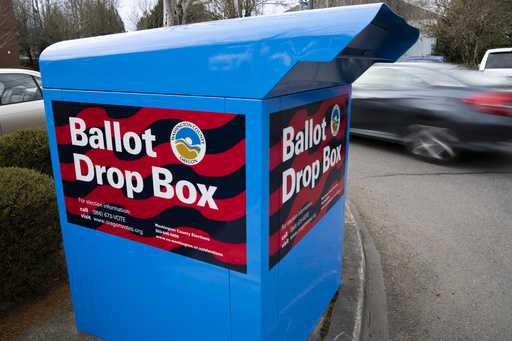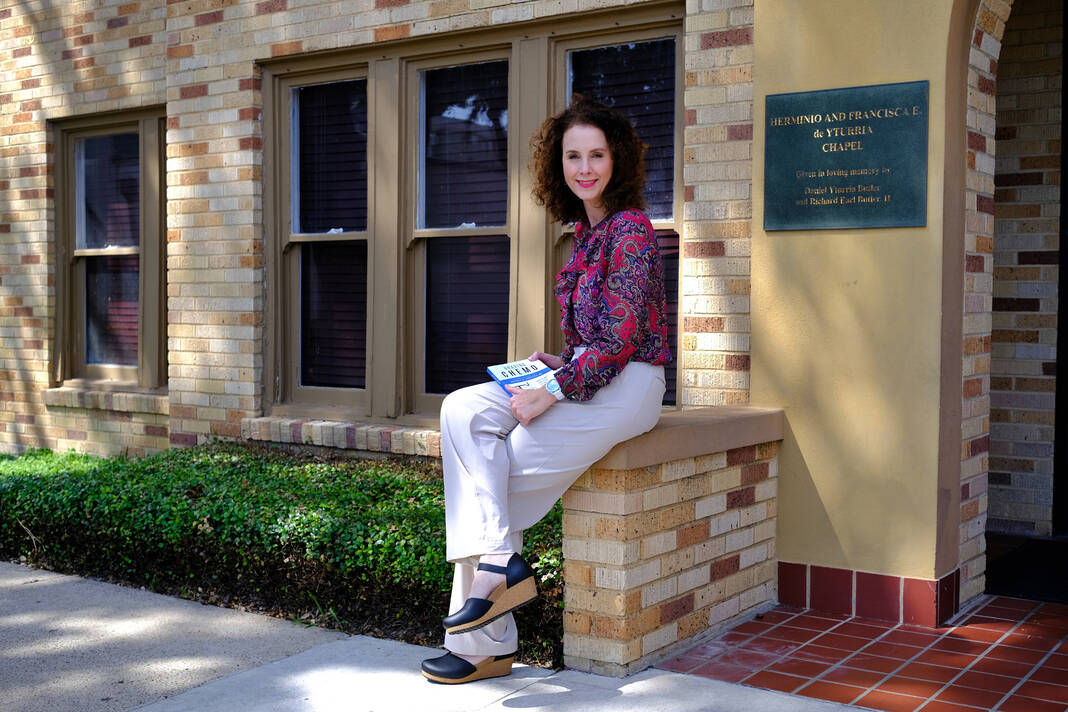MISSION — A single voter cast the deciding vote on more than $167 million in debt that will eventually be paid by future homeowners in south Mission.
The lone voter cast votes in favor of all four propositions put on the ballot by the recently established El Milagro Management District to approve the issuance of $167.5 million in bonds, and levy a combined $1.25 per $100 valuation in property taxes over the next 40 years.
All election results remain unofficial until canvassed by their respective governing bodies.
The El Milagro Management District is a municipal management district, or MMD, created to facilitate large-scale infrastructure projects, such as water, sewer, drainage and road infrastructure, in a master planned development spearheaded by Laredo-based property developer Killam Development.
The developer plans to construct a 176.5-acre community in Mission, south of the city’s core, but still within its city limits.
The development — located immediately north of Los Indios Road between the Anzalduas Highway and South Conway Avenue — will contain 347 single-family lots, 99 townhouse lots, one multi-family lot, three commercial parking lots, 12 commercial lots, three green spaces, and four so-called “civic lots,” according to plat schematics filed with the city of Mission.
But all of that is still years away. And before those homes and businesses can come to fruition, Killam Development needs to install the public infrastructure that will support them.
To that end, the municipal management district, which was established just a few months ago, ordered its first election to be held on Tuesday.
On the ballot were four propositions.
Proposition A asked voters to authorize El Milagro MMD to issue just over $92.1 million in bonds for water and sewer infrastructure, while Proposition C asked voters to authorize the district to levy an operation and maintenance tax of up to $1 per valuation to repay those bonds.
Proposition B, meanwhile, asked for voter authorization to issue another $74.4 million in bonds for road infrastructure, while Proposition D asked for voter approval to levy up to 25 cents in property taxes to repay that debt.
Both bond issuances have a maximum lifespan of 40 years.
Voters in four precincts south of Mission’s city center qualified to cast their ballots in the El Milagro MMD election.
But after the polls closed, data show that just one, single voter did so.
That person cast their vote in favor of all four ballot propositions, effectively deciding the debt that hundreds of future homeowners will eventually pay to live in the El Milagro community.
The El Milagro tax levy will not apply to other Mission residents.
The starting price for a single-family home within the planned community is expected to be between $200,000-$250,000, according to Daniel Silva, the inaugural president of the El Milagro MMD board of directors.
At that price, an El Milagro homeowner will owe $2,500-$3,125 in taxes to repay the bond levies.
That’s in addition to any ad valorem tax levies from other taxing entities, such as the city of Mission, Hidalgo County, the school district and other educational entities that levy taxes.
But right now, the only thing that exists at the site is a vast agricultural field that has been cleared down to the dirt, and a newly laid split-lane asphalt entry road near the point where the land meets South Conway Avenue.
The driveway has yet to be connected to the thoroughfare, however, which is paralleled by a railroad track.
The planned development community has been in the works for years, Silva, formerly the director of Mission’s Economic Development Corporation, told The Monitor last month in the lead-up to Tuesday’s election.
Silva did not return messages seeking comment for this story.
The property’s owners established the El Milagro MMD as a vehicle to fund major infrastructure projects while the community is still in its initial phases of development.
As one of Killam’s attorneys told the Mission City Council during a December 2021 presentation, a municipal management district allows a property owner to levy taxes that will reimburse their investments.
“The tax levy will commence, but it doesn’t have capital to pay upfront development costs, so it’s done in relationship to a developer who will advance the funds to construct the public infrastructure — water, sewer, drainage, roads, open space, recreational park space,” Jessica Holoubek, with the Houston-based law firm, Allen Boon Humphries Robinson, said then.
Meanwhile, another utility district got a nod of approval from voters for its own ballot measure.
Voters approved efforts by the Hidalgo County Water Improvement District No. 3, or HCWID3, to consolidate with the Santa Cruz Water Control and Improvement District No. 15.
Combining the two water districts will better allow them to conserve water and increase financial health, according to officials.
“We just think it’s a financially much more beneficial for us to be consolidated than we are on our own right now,” HCWID3 president, Othal Brand Jr., told the newspaper last month.
Nearly 85% of HCWID3’s voters approved the merger, while 79% of Santa Cruz’s did.
In all, 766 people voted for the consolidation across both districts, while a combined 187 people voted against it.
The post Single voter decides on $167 million in debt for future Mission homeowners appeared first on MyRGV.com.
 (2).png)
 4 days ago
32
4 days ago
32








 English (US)
English (US)